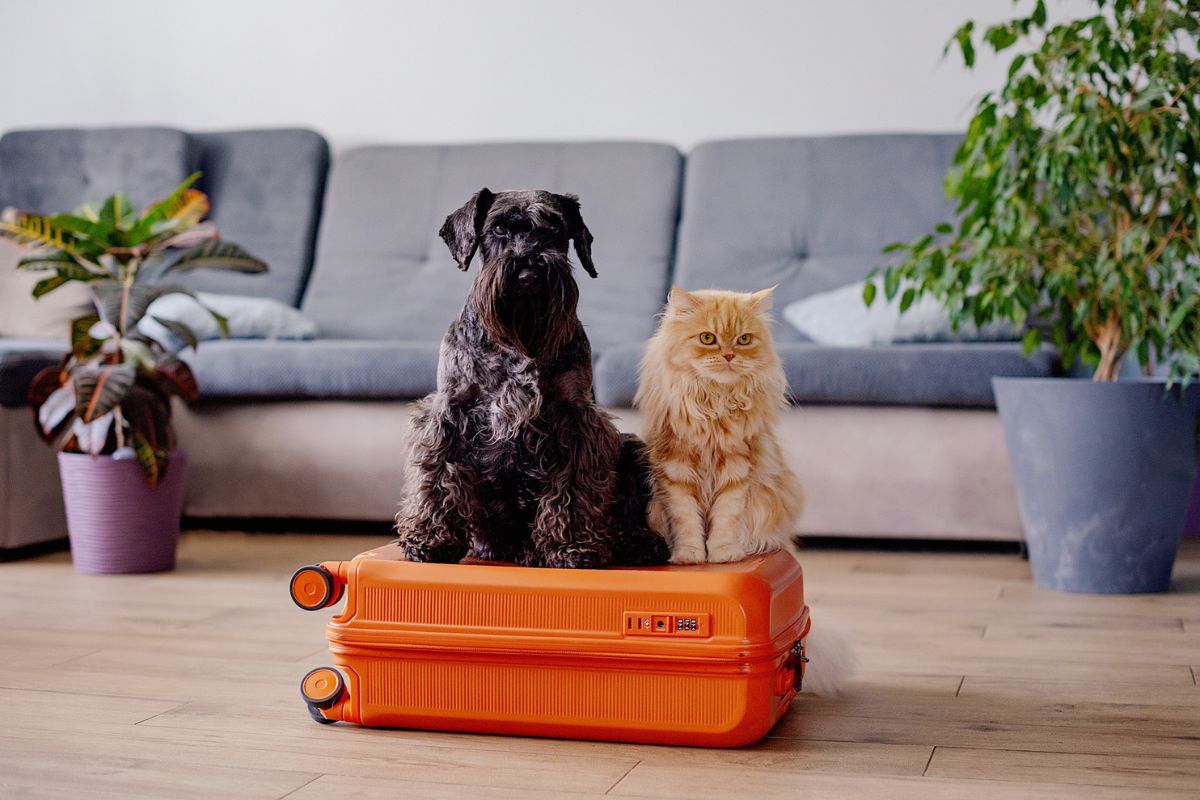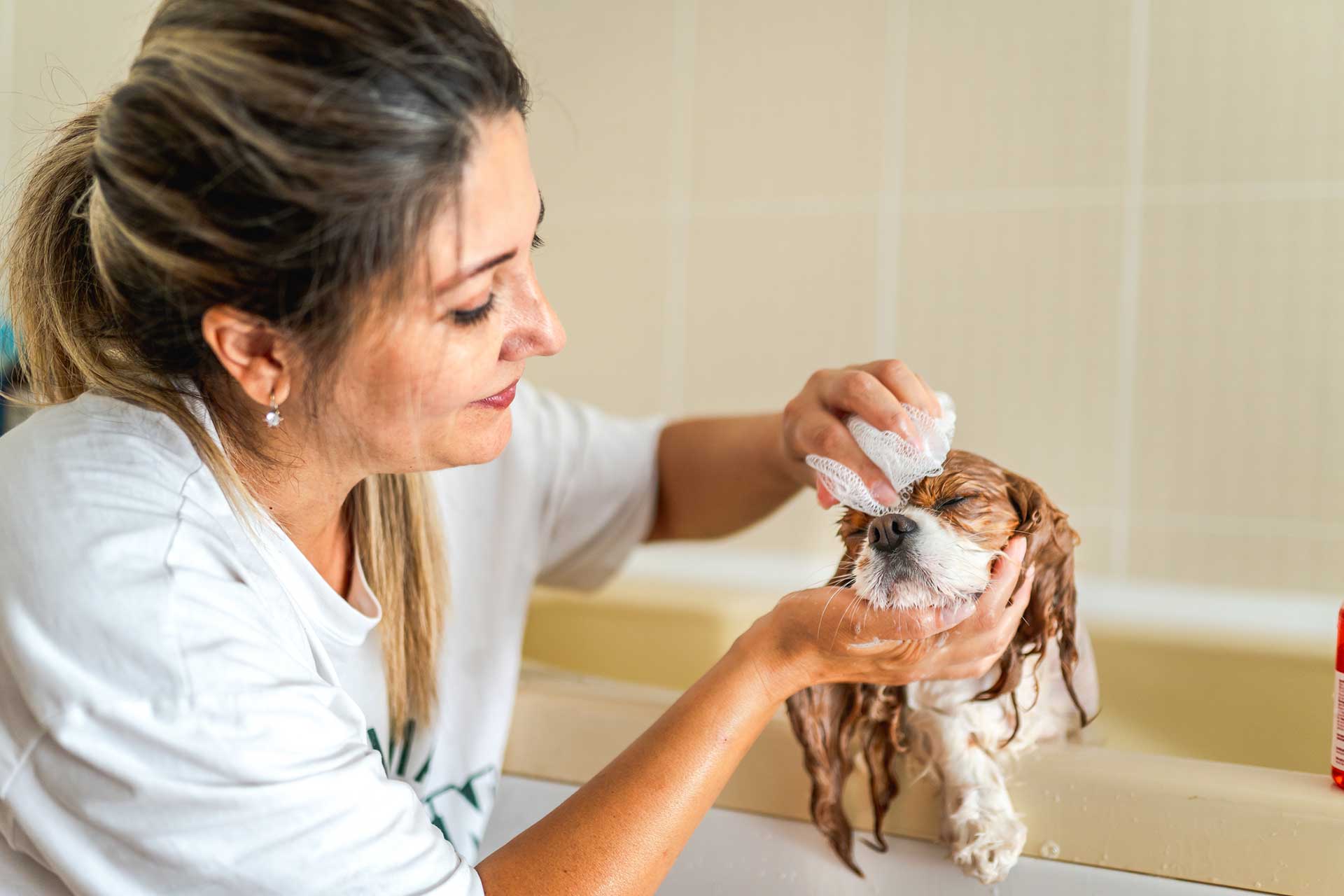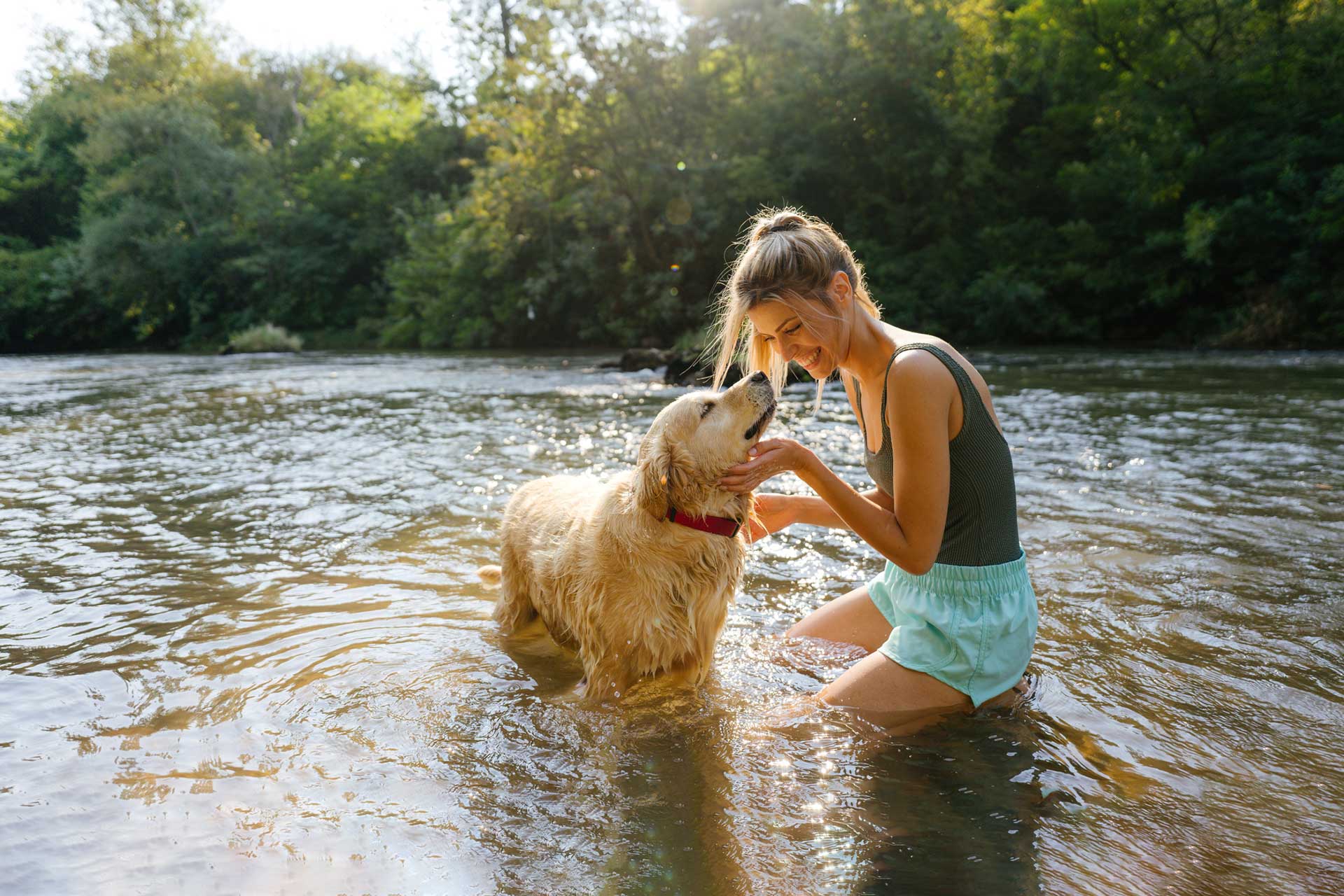When you’re boarding your dog at a kennel or your cat at a cattery for the first time, it can be a daunting experience for you and your furry friend. However, with careful planning, this process can be smooth and worry-free. Here are some tips to help you and your pet prepare for their stay.
Research and choose a reputable boarding facility
The first step in boarding your pet is researching and selecting a reputable boarding facility. Look for a well-regarded and clean place, staffed with experienced professionals who genuinely care about animals. Online reviews and recommendations from friends or your vet can be your guiding light when making this important decision. Speaking of which, remember to contact your vet, as they might offer boarding services themselves.
Plan well in advance
Book your pet’s stay at the boarding facility before the last minute. These places tend to fill up quickly, especially during holidays. Booking well in advance ensures you secure your preferred dates, allows you ample time to complete any necessary paperwork, and ensure your pet is up-to-date on vaccinations.
Visit the facility before their stay
A pre-visit to the boarding facility can work wonders in calming your nerves. It provides an opportunity to meet the staff, ask questions, and personally assess the premises for cleanliness and safety. Take this chance to inquire about your pet’s daily routine, including their meals, sleeping arrangements, and exercise. Some facilities may offer a “daycare” or a one-night boarding option, which can help your pet get familiar with the environment and staff before their official stay.
Schedule a vet check-up
Before boarding, it’s crucial your pet has a check-up with your vet. This visit should take place two to three weeks before the boarding date to ensure your pet is in good health, up-to-date on vaccinations, protected from parasites, and carrying any necessary medications.
Be sure to inquire about the vaccinations required by the boarding facility. Generally, dogs must be vaccinated against parvovirus, distemper virus, hepatitis, parainfluenza, and tracheobronchitis (commonly known as “kennel cough”). Cats should be vaccinated against feline enteritis and feline respiratory syndrome (commonly known as “cat flu”). Additional vaccines like chlamydophila and leukemia might also be advised by your vet. Remember to bring a copy of your pet’s vaccination certificate when you drop them off at the boarding facility.
Bring along comfort items
Bring along their favourite toy and a cozy blanket or bedding to ease the transition for your pet. Double check with the facility beforehand what items are allowed. These familiar possessions can provide comfort and reassurance during their stay.
Discuss any medical concerns
If your pet is taking any medication, ensure the boarding staff are aware of their medication schedule. Provide them with your vet’s contact details for reference. It’s also worthwhile to ask about the availability of an on-call vet and whether the staff monitor the animals at night.
Keep emergency contact details up-to-date
Ensure the boarding facility has your contact details and an emergency contact in case they need to reach you during your absence. Some facilities provide updates, or live video feeds so you can see what your pet gets up to during their stay.
Say a quick goodbye
Pets are incredibly intuitive, and they can sense your emotions. Therefore, when it’s time to drop them off, remain calm and positive. Offer reassurance to your pet, pat them and kiss goodbye, and aim to keep the goodbye brief and not overly emotional.








